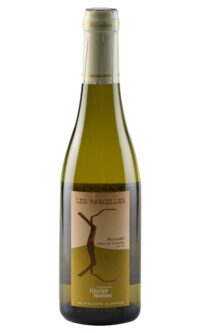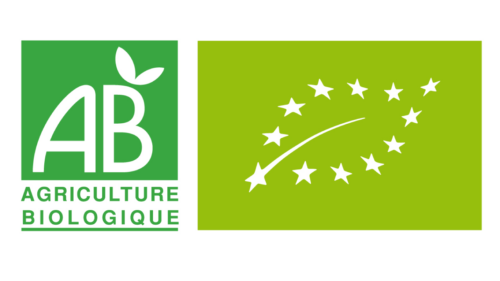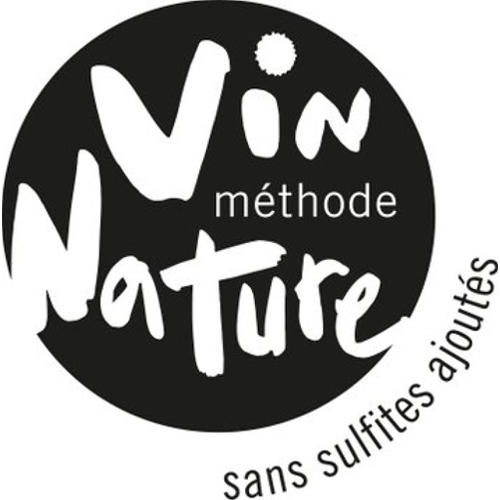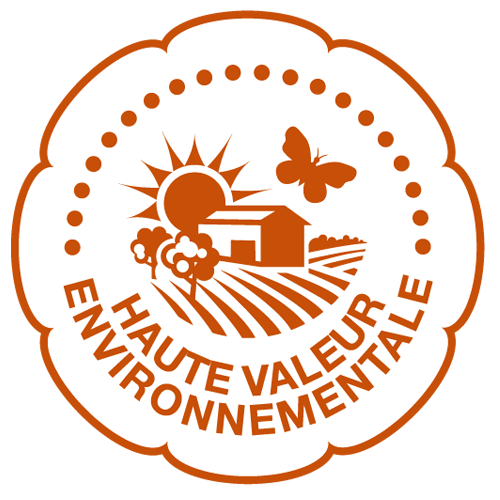History of Loire Valley, its 4 major regions
Find out everything you want to know about the vibrant, picturesque and diverse wine region that is Loire Valley.
Our guide explores the rich history of Loire Valley, its 4 major regions, its various subregions and distinctive wines, the wine that is produced there as well as tips on perfect Loire wine pairings.
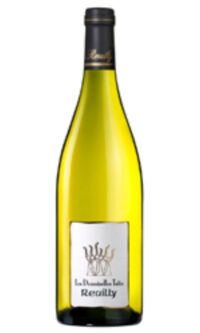
Domaine Tatin, Les lignis 2020, Reuilly white
From £18.90 per bottle Per mix of sixWhere is Loire Valley?
The Loire Valley wine region spans 43,000 hectares along the course of the famous Loire river – the longest in France. From its source in the volcanic mountains of the Massif Central, it flows for over 1,000km, journeying through varied terrains through the heart of France to its mouth near Nantes where it flows into the Atlantic.
The vast size of the Loire Valley as well as the varied terrains, soils and climate form a dynamic appellation that produces a diverse array of wines and more varieties than any other region including white, red, rose, dry, medium, sweet, still and sparkling.
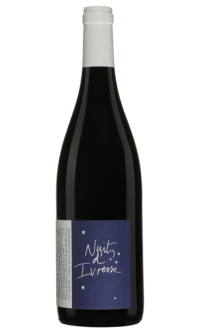
Domaine Breton, Nuits D’Ivresse 2020, Bourgeuil
From £24.60 per bottle Per mix of sixA Brief History Of Loire Valley
As is the case with most of Frances wine regions, Loire Valley vineyard origins can be traced back to the Roman where they first planted the vines in order to make the most of the ideal climate, soil and easy access to water from the river.
During the middle ages, most vineyards were run by monks whose skilful wine making lead to wines from Loire Valley wines becoming a much sought after and desirable tipple of choice for the English and French courts. However, during the 19th century the Loire Valley began to decline in popularity, losing out to prestigious wines from the likes of Burgundy and Bordeaux as well as cheaper wines from the South.
Unfortunately by 1878 an epidemic of phylloxera completely decimated most of the Loire Valleys vineyards and it took years for them to recover. Since then the Loire Valley has evolved enormously and now hosts a wide variety of hugely exciting appellations from the very well-known to smaller but still excellent wine makers and the list continues to grow.
The Wine Regions of Loire Valley
This large expanse of land along the river consists of varied climates, fluctuations and soils which play a key role in creating such a diverse region.
The Loire Valley wine producing district consists of four main regions, all of which contain their own sub-regions as well as several terroirs. The four main areas of Loire Valley are;
Lower Loire
Known as Pays Nantais this area near the city of Nantes is situated along the Atlantic coast of Brittany and the resulting moderate, moist climate creates the perfect conditions for producing dry white wines such as Muscadet.
Middle Loire
Smaller subregions such as Saumur, Anjou and Touraine form this picturesque region of Loire Valley. With its hospitable climate and myriad of soils it has a wide range of grape varieties and is renowned for producing popular wines such as Chenin Blanc and Cabernet Franc as well as other various types of reds, roses and sparkling wines.
Central Loire
The region of Centre-Loire is located between three rivers, the Loire, the Indre and the Cher. This far eastern region has a sub-continental climate that delivers significant temperature differences between warm, humid summers and cold, frosty winters. This combined with its varied soils make this area popular for Sauvignon Blanc, but it also produces some terrific Pinot Noirs, as well as a variety of roses and reds.
Upper Loire
Situated up river, Upper Loire or the ‘Auvergne’ subregion consists of mainly granitic, sandy, chalky and clay based soils which combined with the moist, moderate climate help to create some of the more obscure wine varieties such as Gamay and Sacy to name a few as well as various types of chardonnay, sauvignon blanc and pinot noir.
Food Pairings For Your Loire Wine
If you are looking for the perfect wine to accompany a particular meal, dish or occasion then take a look at our ‘perfect pairing’ suggestions for Loire Valley wines…
Red Meat – The key when pairing red meat with wine is to choose one that will help bring out the flavours of the meat, in a way that enhances them but doesn’t mask them. Steak and game go great with flavourful red wines such as a Touraine or Bourgeuil and a little tip is to remember the stronger the meat, the younger the wine.
Fish and Seafood – The saline minerals and citrus notes of a pale, medium bodied Muscadet should compliant the salty fresh flavours of ocean fare such as fresh oysters, shrimp and fish. For river fish such as perch, catfish or pike, a glass of Sancerre is the ideal accompaniment.
Poultry – Depending on whether it’s a light meat such as a chicken or darker meat like duck, the way that the poultry is prepared can affect what type of wine pairs best with it. For example there are a number of different wines that go great with most types of chicken dishes such as a Sauvignon Blanc but when roasting darker meats such as quail or duck, a light bodied red like a Pinot Noir, a rich white wine or even a rose can compliment it perfectly.
Cheese – Dry white wines such as Sauvignon Blanc are typically a great option for a cheese course. There’s also dry Chenin which delivers an acidity to cut through and refresh the palette or for goat’s cheese one of the greatest Loire Valley pairings – a glass of Sancerre.
Dessert – Chenin Blanc is a great wine to accompany most desserts but there are a number of fabulous Loire Valley whites that will also do the job.
Celebrate – If it bubbles you want then there are some great sparkling whites from the Vouvray appellations that deliver delicate, citrus flavours perfect for an aperitif, dessert accompaniment or a celebratory toast.
